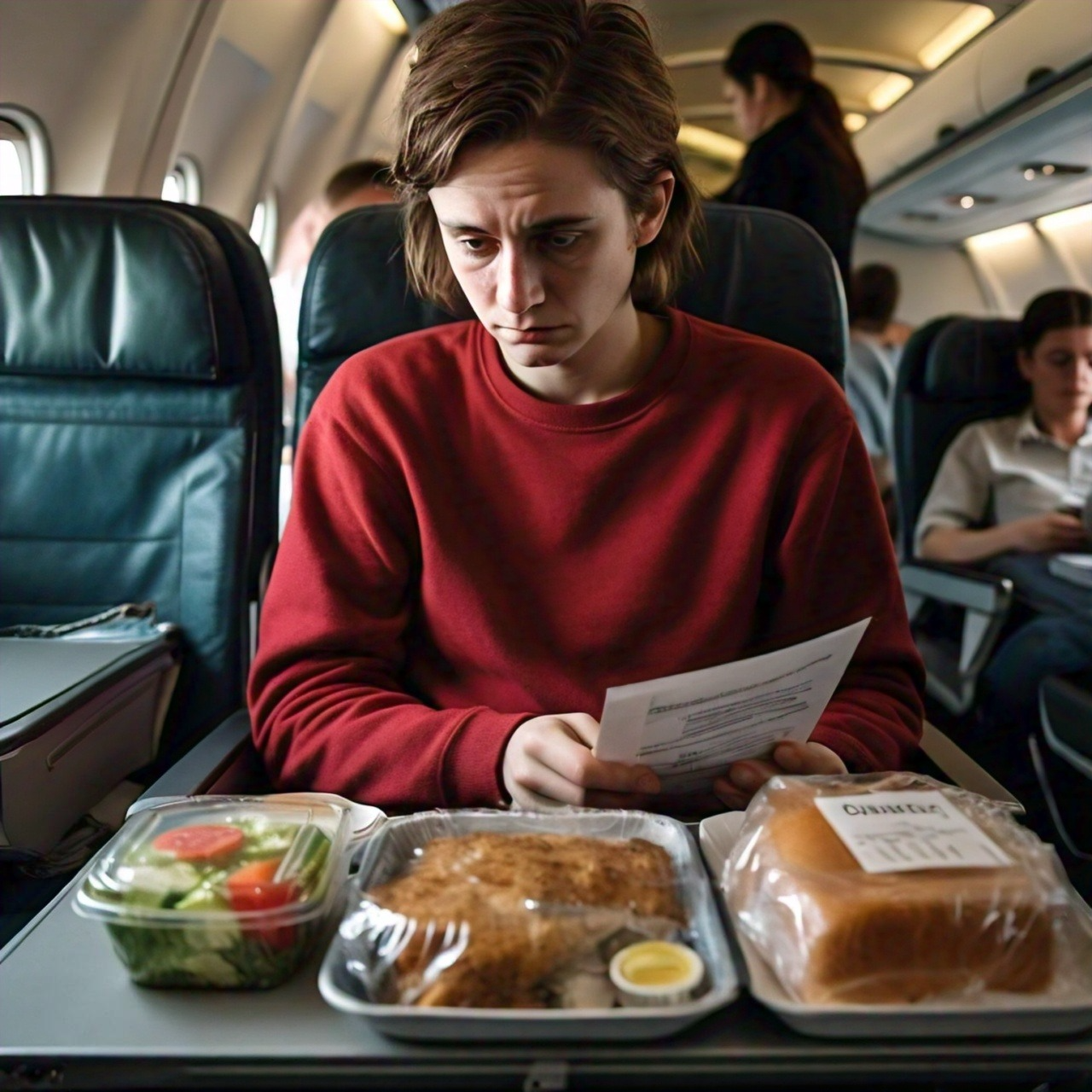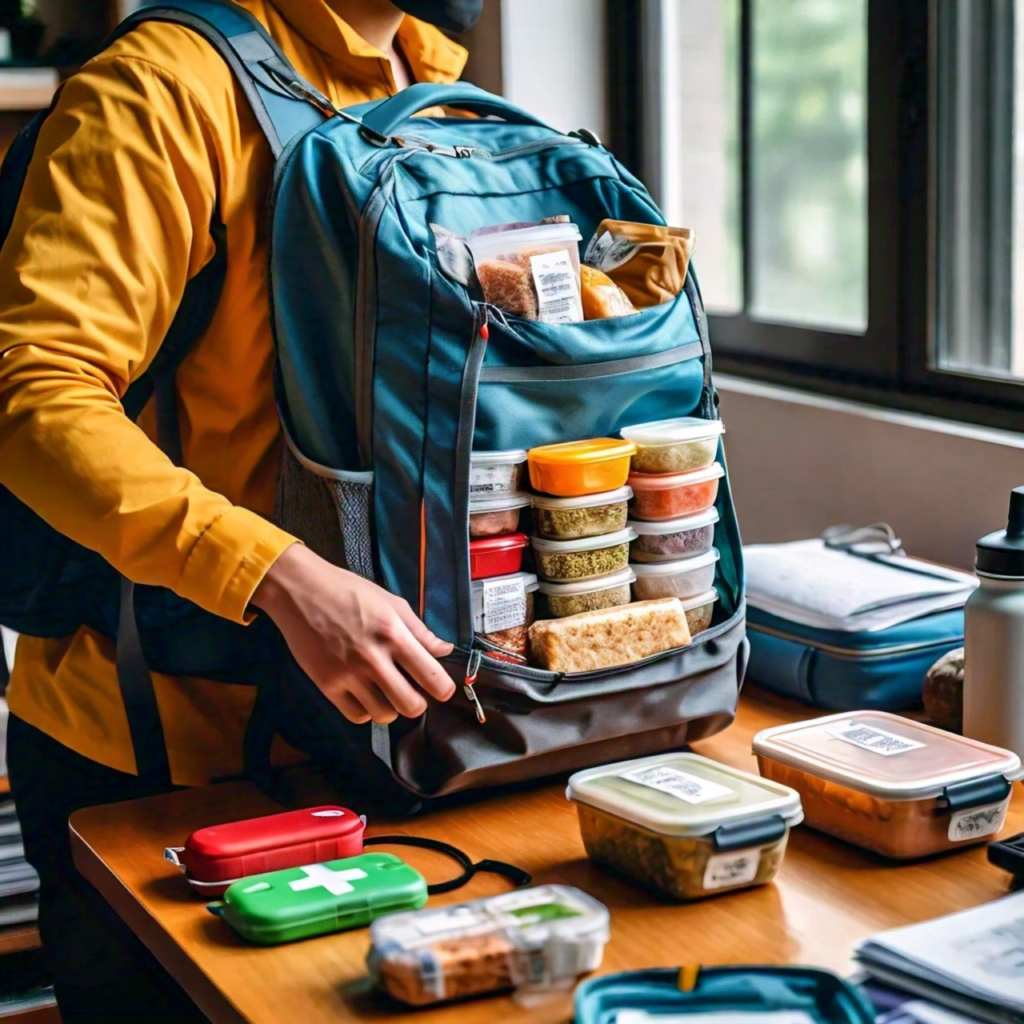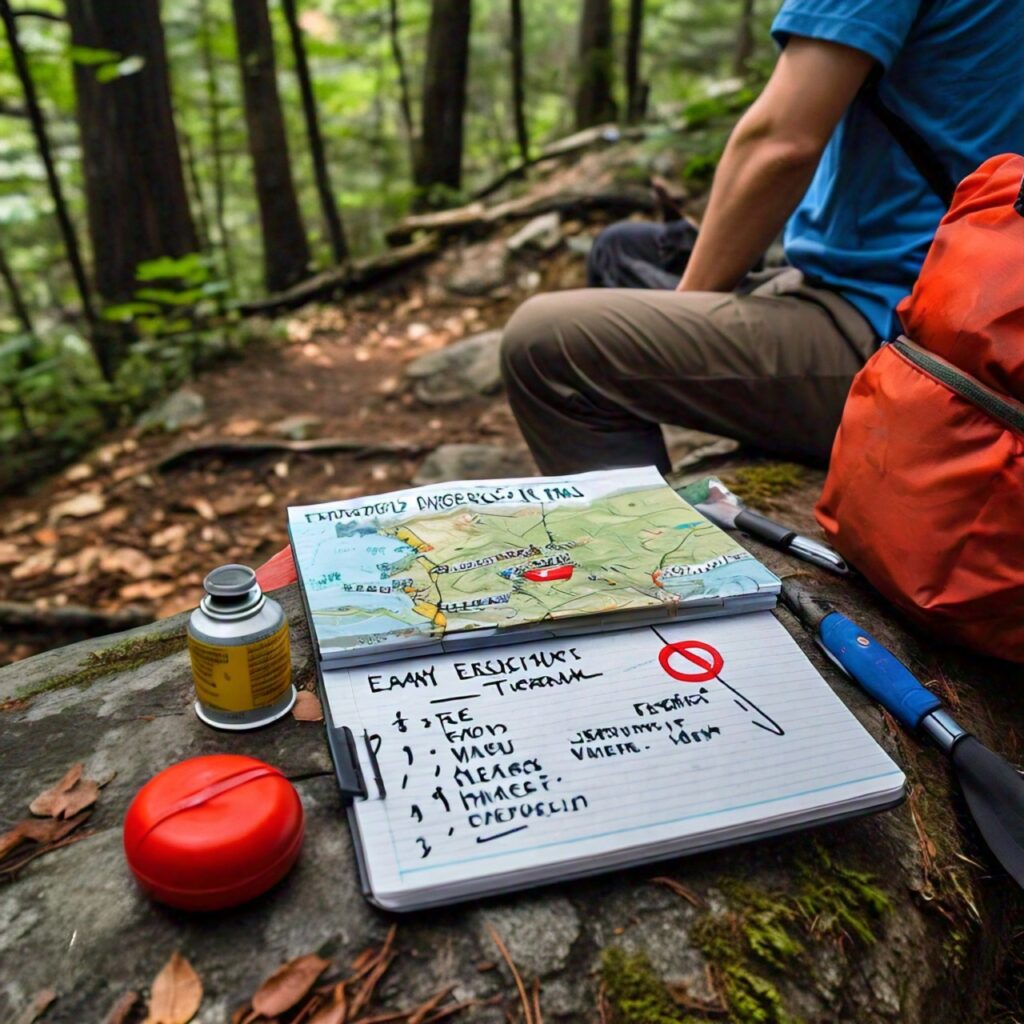
Traveling with food allergies can be challenging, but with the right preparation and precautions, you can enjoy your trips safely and confidently. Whether you’re traveling domestically or internationally, this guide will provide you with practical tips and strategies to manage your food allergies while exploring new destinations.
Understanding Food Allergies
Food allergies occur when the body’s immune system reacts to certain proteins in food. Common food allergens include peanuts, tree nuts, dairy, eggs, soy, wheat, fish, and shellfish. Symptoms of food allergies can range from mild (such as hives and itching) to severe (such as anaphylaxis, a life-threatening reaction that requires immediate medical attention).
Pre-Trip Preparation
1. Consult with Your Allergist
Before you embark on your trip, schedule an appointment with your allergist. Discuss your travel plans, and ensure that your allergy action plan is up to date. Your allergist can provide advice specific to your destination and travel arrangements.
2. Research Your Destination
Understanding the local cuisine and food practices at your destination is crucial. Research common ingredients and dishes, and identify potential allergens. Learn about the availability of allergy-friendly restaurants and grocery stores. Websites, travel forums, and social media groups dedicated to food allergies can be valuable resources.
3. Learn Key Phrases
If you’re traveling to a country where a different language is spoken, learn key phrases related to your food allergies. Phrases such as “I am allergic to [allergen],” “Does this contain [allergen]?” and “Where is the nearest hospital?” can be life-saving. Consider carrying translation cards that clearly state your allergies in the local language.
4. Pack Your Own Food
Pack non-perishable snacks and meals that you know are safe for you to eat. This is especially important for long flights, train rides, or destinations where finding safe food may be challenging. Foods like granola bars, rice cakes, and vacuum-sealed meals are good options.

5. Medical Supplies and Documents
Carry all necessary medications, including antihistamines and epinephrine auto-injectors. Pack more than you think you’ll need in case of delays or emergencies. Keep your medications in your carry-on bag to ensure they are easily accessible. Additionally, carry a letter from your doctor explaining your allergies and the necessity of your medications, as this can be helpful at security checkpoints.
During Your Trip
1. Communicate Clearly
When dining out, clearly communicate your food allergies to restaurant staff. Ask to speak with the chef or manager to ensure they understand your needs and can accommodate you safely. Don’t hesitate to ask detailed questions about food preparation and ingredients.
2. Stay in Accommodations with Kitchens
Consider staying in accommodations that have a kitchen, such as vacation rentals or extended-stay hotels. This allows you to prepare your own meals and have better control over what you eat. Grocery shopping locally can also be an adventure and a way to find new safe foods.
3. Use Technology
Leverage technology to help manage your food allergies while traveling. Use apps that provide allergen information for restaurants and food products. Some popular apps include:
- AllergyEats: Helps you find allergy-friendly restaurants in the U.S.
- Spokin: Offers personalized allergy-friendly travel and dining recommendations.
- Eat!: Provides translations of food allergy phrases in multiple languages.
4. Emergency Plan
Know where the nearest hospital or medical facility is located at your destination. Familiarize yourself with the emergency number for the country you are visiting. Always carry your medical ID bracelet or card that indicates your allergies and emergency contact information.

Returning Home
1. Reflect on Your Experience
Take time to reflect on your trip and what strategies worked well for managing your food allergies. Make note of any challenges you faced and how you addressed them. This can help you prepare for future trips and make adjustments as needed.
2. Share Your Experience
Consider sharing your travel experience with others who have food allergies. Write a review for allergy-friendly restaurants, share tips on travel forums, or start a blog about your adventures. Your insights can be incredibly valuable to others facing similar challenges.
Conclusion
Traveling with food allergies requires careful planning and vigilance, but it is entirely possible to have a safe and enjoyable trip. By consulting with your allergist, researching your destination, learning key phrases, packing safe food, and communicating clearly, you can minimize risks and focus on enjoying your journey. Use technology to your advantage, have an emergency plan in place, and reflect on your experiences to continuously improve your travel strategies. With the right approach, food allergies don’t have to limit your adventures. Safe travels!
Read More Articles :
10 Budget Travel Apps for Hotel Planning your Itinerary with Multiple Currencies Support